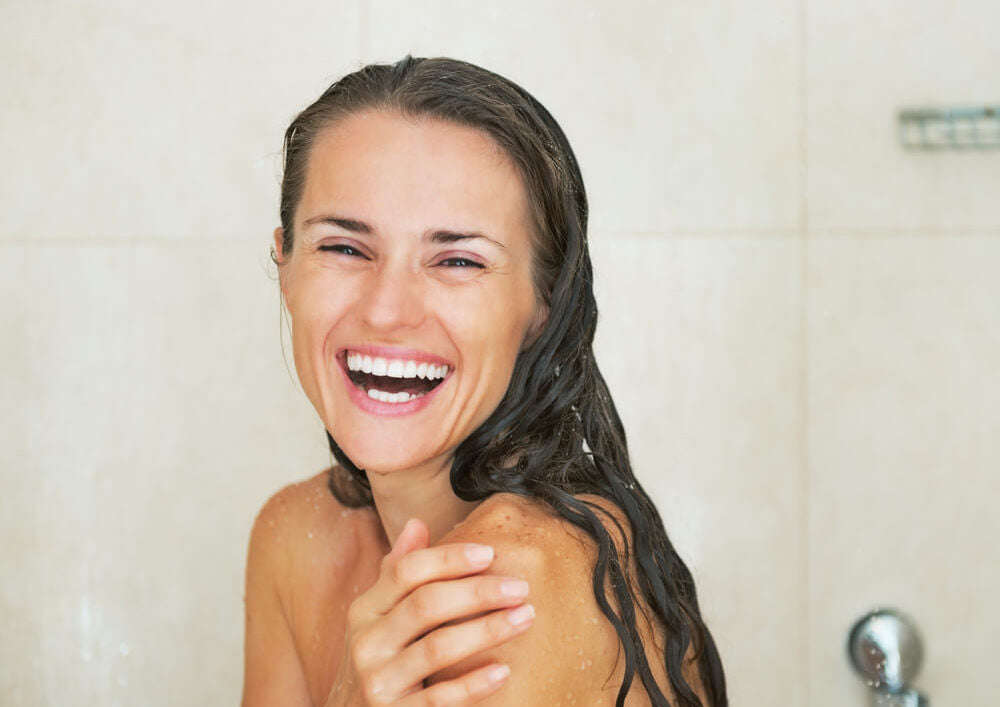

A Guide to Dry, Eczema Prone Skin
What is eczema?
Eczema is a broad term used to describe skin that is inflamed, irritated, itchy, and dry. Eczema symptoms usually manifest as patches of itchy skin that become inflamed, cracked, red and rough. Blisters, cold sores and peeling can occur as well. Eczema and dry skin go hand in hand as dry skin often leads to Eczema.
What causes eczema?
The exact cause of Eczema is unknown; however, it may be partially genetic, a response to the body’s immune system to an irritant or it could be due to a disruption of the skin barrier, which allows foreign materials into the skin and water to escape. Repair of this barrier is critical in treating and preventing this skin condition. Other causes can be allergic reactions to food, dander, dust mites and other environmental factors.
Are there different types of eczema?
Yes, Eczema is a broad term which encompasses the terms contact dermatitis, atopic dermatitis, nummular dermatitis, stasis dermatitis, and many more.
Who is at risk for eczema?
While we often associate Eczema with young children, it can occur in any age group and any race and affect quality of life. The primary risk factor can be personal or family history of Eczema , allergic reactions, hay fever or asthma and can occurs more in industrialized countries with cooler climates.
Are my food allergies causing my eczema?
It is rare, but food allergies can cause Eczema in children. As we age, food allergies as the root cause become rarer, however, they can trigger Eczema flare ups. Many doctors and dermatologists tell those suffering with Eczema to avoid citrus fruits, dairy, eggs, gluten or wheat, soy, spices, tomatoes and nuts.
Is something coming in contact with my skin, causing my eczema?
It’s possible. This is called contact dermatitis. If your eczema continues to occur in only certain areas of your body, you may need to switch your personal care products, avoid fragrances of all types, and consider patch testing with a dermatologist.
What can I do to treat my eczema?
When you take care of your physical and mental self, you are taking care of your skin and helping to prevent Rosacea flares. Here are some small changes you can make in your life to produce big effects on your skin down the road. Try to reduce stress in your life. This means something different to everyone. Take time out of your day just for you, spend time with friends, go for a short walk, or consider meditation. If you are unable to deal with your stress on your own, consider speaking with a close friend, find a support group or consult a health care professional. Monitor your diet. Make better choices. Avoid processed foods. Cook at home as much as possible but especially avoid chain restaurants as the ingredients are more likely to be heavily processed. Visit local farmer’s markets where everything is fresh and good for you. Sleep reduces stress. Go to bed and wake up at the same time every day. Dim or remove any lights that are on in your bedroom while sleeping, including lights from chargers, night lights, phones, television or clocks. Try black out curtains and eye shades. Limit noise in your bedroom. Put your phone on silent. Try a white noise machine, a fan, or ear plugs to block out noise you can’t control.
Choosing your cosmetics and personal care products
A few small changes in your everyday routine can prevent eczema and dry skin. Here are some tips:
- When bathing or showering, use warm (not hot) water and limit the time to 10 minutes.
- Use mild cleansers (not soaps) for bathing and washing hands. Apply all cleansers and products including makeup gently with just your fingertips. Never rub, pull, or scrub.
- After bathing, gently pat skin dry and while still damp, apply a quality moisturizer to your whole body. In general, ointments are more moisturizing than creams which are more moisturizing than lotions. A rule of thumb is “the greasier, the better,” but only apply what you can tolerate wearing comfortably. If you have topical steroids prescribed by a physician for your Eczema, this should be applied before any moisturizers.
- Wear 100% cotton clothing, particularly those items that touch the skin directly. Avoid polyester or other synthetic fabrics and remove clothing tags which may irritate the skin.
- Wash all clothing in unscented powder detergent. Avoid all fabric softeners and dryer sheets.
- Keep fingernails cut short and filed smooth. Eczema is known as “the itch that rashes” because scratching makes it so much worse.
- Use hypoallergenic makeup brands.
- Bacteria on the skin can be irritating, so use only antibacterial makeup brushes and clean them between uses.
- Avoid personal care products that contain these irritating ingredients: alcohol, camphor, peppermint, fragrance, urea, sodium laurel sulfate, menthol, lactic acid, and glycolic acid. Also avoid toners, astringents, and abrasive exfoliators (such as products that contain beads).
- Fewer products are better than many when it comes to Eczema prone skin.
- Avoid peels or dermabrasion as these will exacerbate your Eczema.
- Always test products on an area of your body other than your face first.
Reduce flare-ups with an all-in-one skin supplement
We created our skin hydration supplement Lilium with the goal of reducing flare-ups in mind. By providing deep hydration at the cellular level, Lilium works to soothe from within. Lilium contains important ingredients for controlling flare-ups such as zinc, vitamin C, and vitamin D, along with many other powerful natural ingredients proven to help with skin irritations.
Head over to Lilium to learn more
This article is originally posted on Proven Skincare.
